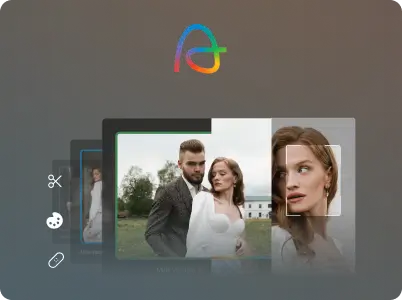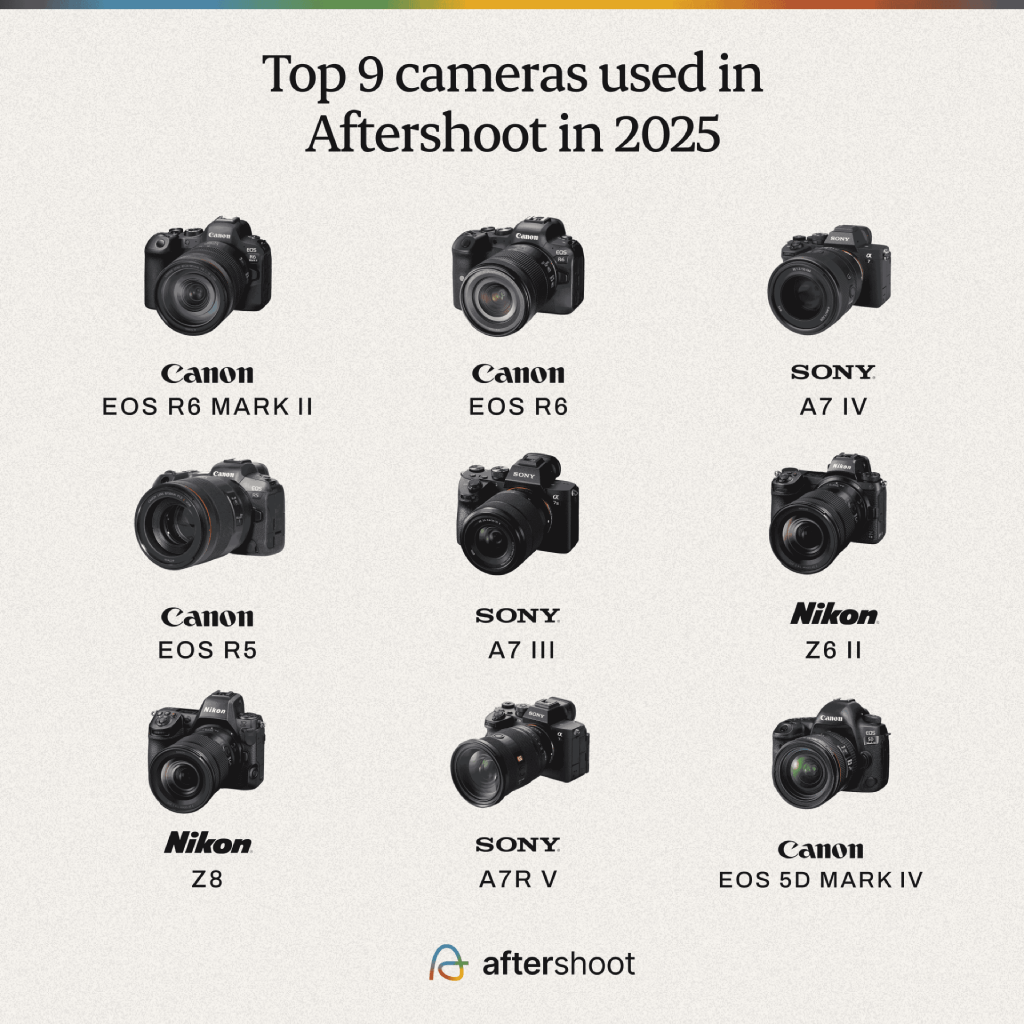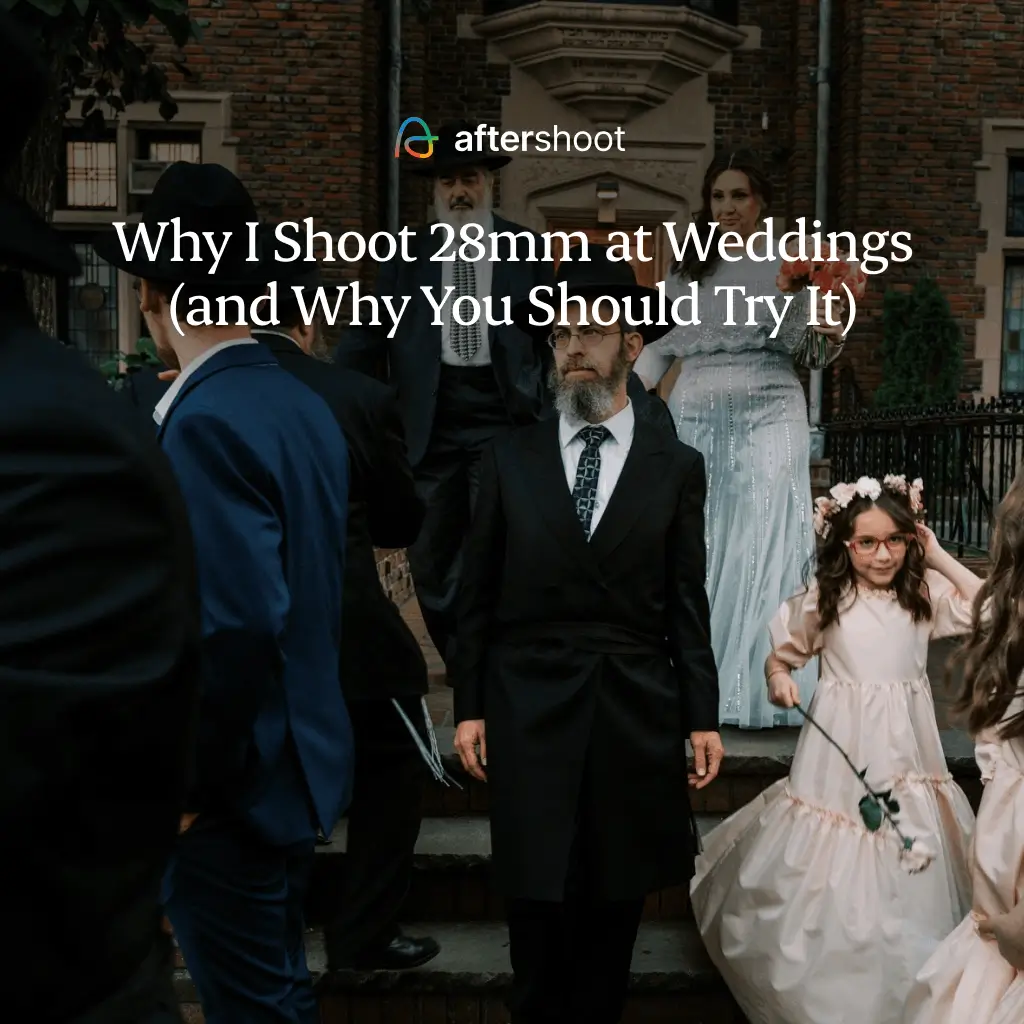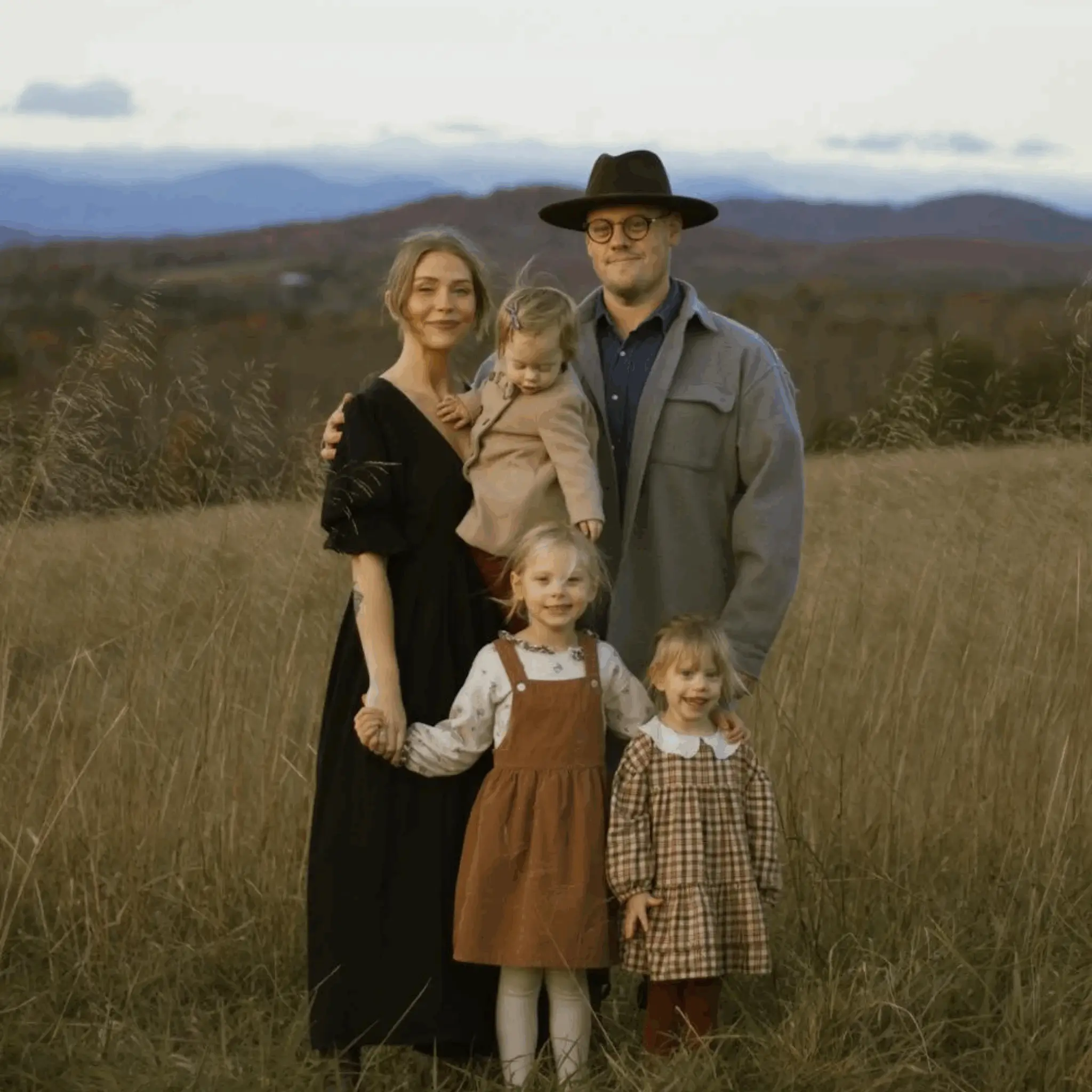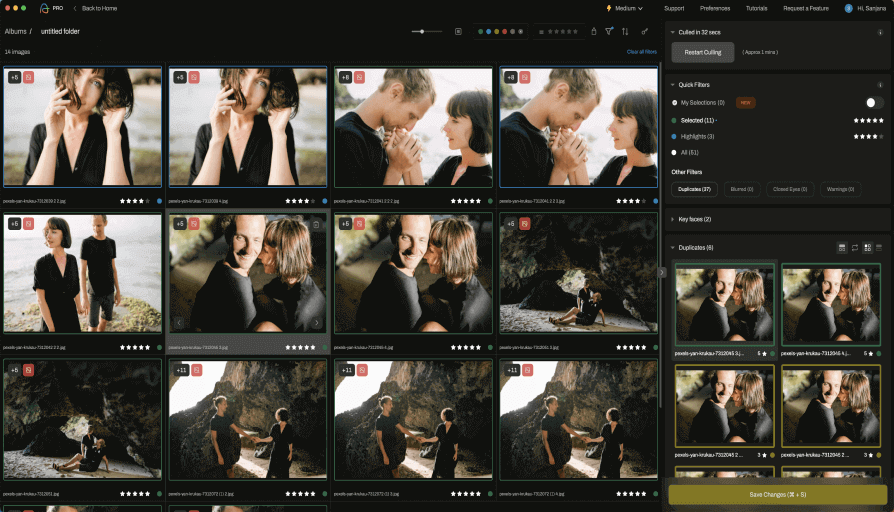
So, you want to use Aftershoot to cull your images but can’t get it to work?
Or maybe you got it running but have some other recurring issues preventing you from using it properly.
Fret not, because we’ve got your back!
Here are some issues you might rarely run into and their possible resolutions.
Aftershoot overwrites my edits/keywords
Are you importing your images into Aftershoot after importing them into Lightroom or Capture One?
If that’s so, you might have to change one particular Lightroom setting to prevent this from happening. You can read more about it here: Different Workflows with Aftershoot
I don’t see the Colors added by Aftershoot in Lightroom/Capture One
Make sure that your Lightroom language is set to English.
While Star Ratings work as expected, Lightroom and Capture One expect the colors to be translated to the Regional Locale, which Aftershoot doesn’t support at the moment.
It’s a work in progress and until that’s done; you can either use just the star ratings and keywords to mark your images or change the system language to English.
I randomly get a “Culling Paused” message
If your Laptop/Desktop has 8 GB or less than 8 GB of RAM, please ensure that you don’t run other memory-intensive apps (like Lightroom/Photoshop/Capture One) while Aftershoot is culling your images.
If you want to run these apps alongside Aftershoot, enable the Power Saving mode from the home screen before you start the cull to ensure that Aftershoot uses a limited amount of system resources.
Aftershoot selects too many/too few images
The number of images Aftershoot selects depends on the thresholds you set before starting the cull.
The options are mostly self-explanatory, but you can hover over them to get more details about what each of them means and how they affect the number of images selected by Aftershoot.
The culling thresholds are also covered in this blog post here: How to Cull & Select Your Photos Quickly with Aftershoot
One-click Import to Lightroom/Capture One doesn’t work for me
Make sure that you have selected the correct path for Lightroom / Capture One for the One-Click import to work.
For macOS, the default location is usually inside /Applications/ folder, whereas for Windows, it’s the C/Program Files or C/Program Files (x86) folder (unless you have changed the installation path).
If you have specified an alternate installation path, you can head over to the app settings and specify the new path under the options “Path to Lightroom” or “Path to Capture One.“
Aftershoot uses up my disk space
If you’re culling RAW images, Aftershoot generates and stores the thumbnails that it uses to show you the results of the cull.
If you’re done with an album and don’t want Aftershoot to keep the thumbnails around, feel free to delete that particular album from Aftershoot.
Doing so will keep your original images intact but free up the space used by Aftershoot.
You can also change the folder where Aftershoot stores these thumbnails.
To do so, head over to the app settings and look for the “Path to Aftershoot Projects” option.
Aftershoot is stuck on processing my images forever!
In practice, if you don’t see the progress bar or text inside Aftershoot change after 10 minutes of processing, something’s likely wrong!
To get help, in this case, use the in-app support option or post a message in our Facebook group so that we can see what’s happening and how we can help you out!
Why does Aftershoot ask me to download Adobe DNG Converter?
RAW images are very heavy in terms of their file size so uploading them would be a chore. DNG files take up a fraction of the space yet they carry all the information required to train your Personal AI Editing Profile. And once downloaded, you don’t need to interact with Adobe DNG Converter.
Why is the white balance off in my images edited on Aftershoot?
Although Aftershoot’s White Balance algorithm has been trained on millions of images, there are possibilities of some inconsistencies.
While we are continuously updating it, in case you’re still not getting the results you desire, please fill this form to get access to a beta upgrade of your White Balance profiles.
Why isn’t Aftershoot selecting all of my images when I’m training it for my Personal AI Editing Profile?
There may be different reasons why some of your images were not selected by Aftershoot like incompatible file types or destructive edits made to your photos.
To understand the particular issues with your imports, please hover on the tooltip on the error message to find out more.
However, if you still need more info, please feel free to reach out to us on [email protected]
My Personal AI Editing Profile is not editing the photos the way I do
Think of Aftershoot as your personal apprentice who helps you with your post production workflows. They may not be perfect in the beginning, but over time, the more you work with them and they learn from you, they keep getting closer to what you desire.
Specifically, there are a couple of actions you can take – 1) You can adjust your profile to fine tune its settings further even after you’ve uploaded all your images. 2) You could also add more images (ideally 1,000-3,000 images more) to further teach your Personal AI Editing Profile
Why doesn’t Aftershoot learn the changes that I make in Lightroom?
Since Lightroom is a third party software, Aftershoot can’t monitor any actions you’ve made on it. To improve your culling results better on Aftershoot, keep using its inbuilt tools to cull your photos.
Similarly, the more images you feed to your Personal AI Editing Profile, the closer it will get to your editing style. Always remember, Aftershoot keeps learning from any and all actions you take within it.
Issue not mentioned here?
While we test Aftershoot rigorously on a diverse set of devices to ensure that you never have to face any issues, it’s possible that some things flew under our radar, and we’d love to hear from you so that we can fix them!
If you notice such an issue that is not mentioned here, please get in touch with us (either via the in-app chat or by emailing us at [email protected]), and we’ll try our best to make sure that your issue is resolved!
